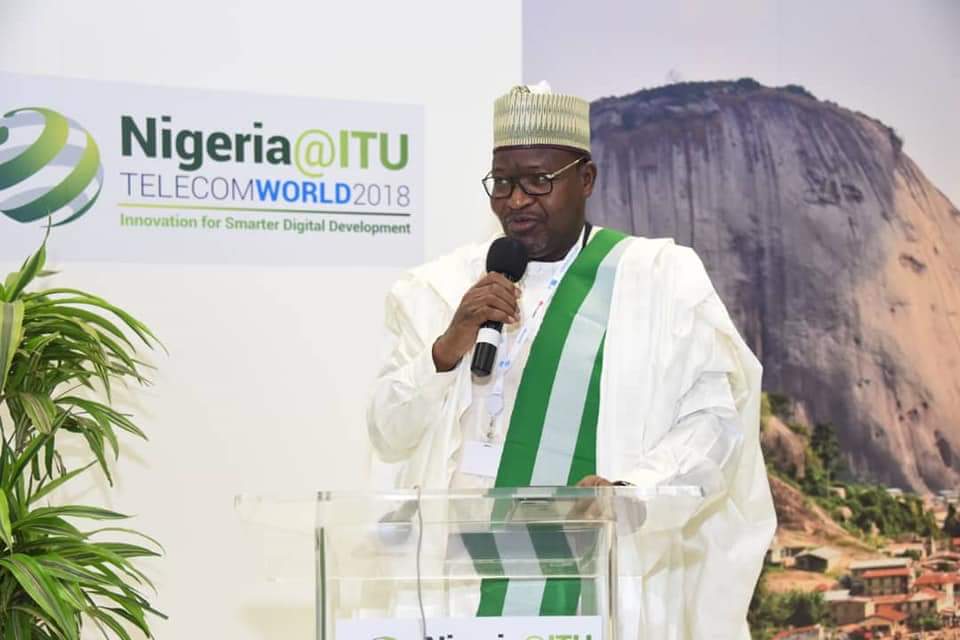A top official of one of the indigenous Original Equipment Manufacturers (OEMs), has traced the prevalence of electronic wastes, especially used telecommunications devices and mainly refurbished smartphones to the regulatory weaknesses of relevant federal agencies including the Nigerian Communications Commission (NCC) and others.
In an interview in Lagos, the investors who pleaded anonymity decried that “All the federal agencies in charge of monitoring and enforcement of relevant regulations tailored towards the protection of manufacturers of ICT products including NCC, NESREA, Customs and even the SON are not helping matters in terms of reducing the influx of used telecommunications devices and mainly refurbished smartphones.”
“Instead of OEMs growing in Nigeria, they are dying and government is not doing anything to rescue us. All government is interested is tax, tax, tax. It doesn’t work that way. No country grows that way.
“If I produce a new product, top government will come for the launch, but when am not selling due to influx of substandard products, the same government official that graced my new product will keep quiet. Is it fair?”
Continuing, the aggrieved device manufacturer said “This is exactly part of the stress that killed Omatek Computers, RLG in Osun State and so many unreported OEMs in Nigeria. The NCC must rise up to the challenge of its mandate. I can’t remember when last it raided markets for devices that failed type approval test, but they are all in the market”.
“So, I want to clearly blame NCC and all the relevant agencies that had went to slumber only to relax at an air-conditioned conference hall to talk about e-waste in Nigeria,” he noted.
It would be recalled that the Executive Vice Chairman of NCC, Prof. Umar Danbatta had at a public inquiry on e-Waste Regulations and Disaster Recovery Guidelines in Abuja on Tuesday, shifted the blames for rising presence of e-waste in Nigeria to low Gross Domestic Product and illegal predatory practice by technologically advanced countries.
He said, “According to a recent report by the World Economic Forum, electronic waste is now the fastest-growing waste stream in the world. It is estimated that this waste stream spiked by about 48.5 million tonnes in 2018.
“In Africa, the challenge is even dire. In a fast-paced telecoms industry where speed and capacity define the networks, rapid advances in technology make it easier and convenient to change malfunctioning gadgets than to repair them.
“Also, the illegal and predatory e-waste value chain, which encourages the movement of e-waste from developed to the developing countries, adds another layer to the global challenge of handling e-waste.”
Continuing, he added that “In Nigeria, due to low GDP per capita/low income, and the desperate quest for information, it is estimated that 75 per cent of the electronics imported into the country is irreparable and toxic junk.
“The global concern for the regulation of e-waste is two-pronged. First is the acute awareness of the hazardous properties and the potential risk to human health as well as their capacity to degrade the environment. Second is the business case and vast potential for wealth creation in recycling e-waste into more benign and productive uses.”
However, Danbatta revealed that the draft regulation said that every player within the e-waste management value chain – manufacturer, transporter, collection and disposal facility and recycler – must obtain authorisation from the commission after the coming into effect of the regulation.
While hinting of possible refusal, revocation and suspension of an authorisation granted if the entity so authorised failed to comply with any of the conditions of its authorization, Danbatta averred that “It was mandatory for every manufacturer and producer generating e-waste to apply to the commission for an Extended Producer Responsibility Authorisation that would be valid for five years and renewable for another five years”.









